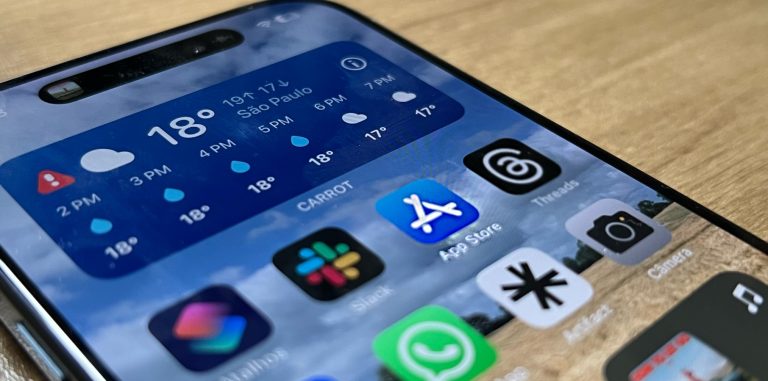The US Department of Justice is suing Apple over alleged antitrust violations. According to the DOJ, the second most valuable tech company is blocking rivals from accessing key hardware and software features on the iPhone.
This marks the third time the Justice Department has sued Apple for antitrust violations in the past 14 years. However, this is the first time Cupertino has been accused of using illegal tactics to maintain its dominant position.
In a press release, the Justice Department says, “Apple exercises its monopoly power to extract more money from consumers, developers, content creators, artists, publishers, small businesses, and merchants, among others.”
The government says Apple has allegedly maintained its monopoly by:
- Blocking third-party devs from creating competing digital wallets with the tap-to-pay feature for the iPhone
- Worsening messaging quality between iPhone and Android
- Blocking cloud-streaming apps for video games
- Limiting third-party smartwatch functionalities with the iPhone and the Apple Watch with Android

Interestingly, this accusation comes at a time when Apple is already under scrutiny by the European Commission with the Digital Markets Act, which made Cupertino open up the iPhone for sideloading by allowing third-party app stores, alternative payment systems, and NFC usage. Apple also had to pay a $2B fine for blocking music streaming rivals like Spotify from offering cheaper deals on the iPhone.
That said, Apple isn’t the only Big Tech company under fire from the Biden administration’s antitrust fights. The government is already suing Alphabet for monopolistic practices, and the Federal Trade Commission is pursuing antitrust cases against Meta and Amazon.
To The Verge, Apple spokesperson Fred Sainz said the lawsuit “threatens who we are and the principles that set Apple products apart in fiercely competitive markets. If successful, it would hinder our ability to create the kind of technology people expect from Apple—where hardware, software, and services intersect. It would also set a dangerous precedent, empowering government to take a heavy hand in designing people’s technology. We believe this lawsuit is wrong on the facts and the law, and we will vigorously defend against it.”
Is legislation like the DMA coming to the US?

Although it’s unclear what this antitrust investigation will uncover, Apple might have to open up the iPhone in a similar way to what it has done in Europe. By the beginning of March, Cupertino had to comply with several rulings under the Digital Markets Act (DMA).
Some of the changes for the iPhone in Europe include:
- New options for distributing iOS apps from alternative app marketplaces (iPhone sideloading): Including new APIs and tools that enable developers to offer their iOS apps for download from alternative app marketplaces.
- New framework and APIs for creating alternative app marketplaces: Enabling marketplace developers to install apps and manage updates on behalf of other developers from their dedicated marketplace app.
- New frameworks and APIs for alternative browser engines: Enabling developers to use browser engines other than WebKit for browser apps and apps with in-app browsing experiences.
- Interoperability request form: Where developers can submit additional requests for interoperability with iPhone and iOS hardware and software features.
Still, it doesn’t mean Apple won’t continue to be scrutinized over antitrust allegations in Europe. That said, we’ll monitor the DoJ investigation and report once the case unfolds.








